When it comes to strength training, the bench press is often seen as a benchmark for overall upper body power. While it’s common for men to dominate this lift in terms of weight, women can also make impressive gains. Understanding what constitutes an average bench press for women can help set realistic goals, track progress, and ensure you're lifting safely. This article will explore the factors that influence a woman's bench press capacity and provide a guideline for what is considered average at different stages of fitness.
What Affects Bench Press Strength in Women?
Several factors determine how much weight a woman can bench press, including:
- Body Weight and Composition: Larger individuals, particularly those with more muscle mass, tend to lift heavier weights. The ratio of muscle to fat also plays a crucial role in strength.
- Training Experience: A beginner’s bench press will naturally be lower than someone who has been lifting consistently for a year or more. Advanced lifters, of course, can push much higher numbers.
- Age: Strength tends to peak in a person’s 20s or 30s, though with proper training, many women continue to increase strength well into their 40s and beyond.
- Genetics: Genetic factors can play a role in how quickly a person gains strength and how their body responds to lifting weights. Some women may have a natural propensity for building upper body strength, while others may need to work harder to see similar results.
Average Bench Press for Women by Experience Level
The average bench press for women varies significantly based on their training experience. Below is a general guideline based on the strength standards from beginner to advanced lifters.
Beginner (1-6 months of training)
For women who are just starting with strength training, it is normal to bench press a lighter weight. The average bench press for a beginner typically falls between 30-50 pounds (13.6-22.7 kg). Many beginners may start with just the barbell, which weighs 45 pounds (20.4 kg), and gradually add weight as they build strength.
Intermediate (6 months - 2 years of training)
Intermediate lifters will have spent some time building strength and muscle, allowing them to lift heavier weights. At this stage, an average bench press for women can range from 60-90 pounds (27.2-40.8 kg). With continued training, these numbers can rise as they work on technique, endurance, and progressively increasing load.
Advanced (2+ years of training)
Advanced lifters, who have been consistently training for over two years and have developed significant muscle mass and strength, can bench press 100 pounds (45.4 kg) or more. Some women in this category, particularly those who focus on strength training, can press even more, with elite athletes reaching bench press numbers of 135 pounds (61.2 kg) or higher.
Elite Athletes and Competitive Lifters
Elite female athletes and powerlifters often break significant milestones in the bench press, reaching 150-200 pounds (68-90.7 kg) or more. These lifters typically have extensive experience, a high muscle mass, and optimal form.
Improving Your Bench Press
If you’re looking to improve your bench press, it's important to focus on key elements such as technique, progressive overload, and consistency.
Proper Technique
Before adding more weight, ensure your form is correct. A few essential tips for proper bench press form include:
- Feet flat on the floor: Keeping your feet firmly planted will give you better leverage.
- Grip: Ensure your grip on the bar is firm and symmetrical.
- Elbow Angle: Aim for a 45-degree angle with your elbows, avoiding flaring them out too much, which can place unnecessary stress on the shoulders.
- Chest up: Keeping your chest up and shoulders back can help engage the chest muscles more effectively.
Progressive Overload
Progressive overload is the key to building strength over time. Aim to gradually increase the weight you are lifting, whether by adding small increments or increasing the number of repetitions or sets.
Accessory Exercises
Including accessory exercises like push-ups, dumbbell presses, and tricep dips can help build the muscle groups necessary for a stronger bench press. Also, exercises that target the shoulders, chest, and triceps will ensure balanced strength development.
Rest and Recovery
Allowing your muscles time to recover is just as important as your training. Make sure to include adequate rest days and sleep in your routine to ensure muscle repair and growth.
Setting Realistic Bench Press Goals
As with any fitness journey, setting realistic and achievable goals is essential for maintaining motivation and seeing progress. While comparing your strength to others can be motivating, it's important to focus on your own development and consistency. Tracking improvements in your lifts over time—whether it's adding a few more pounds to the bar or hitting new personal bests—will help you stay on track.
Final Thoughts
While the average bench press for women can vary widely based on factors like age, body type, and experience, there's no one-size-fits-all when it comes to strength. The key is to listen to your body, follow a structured training program, and commit to making progress at your own pace. Whether you're a beginner or an experienced lifter, your bench press can increase significantly with time and dedication.
Remember, the most important part of your fitness journey is celebrating the improvements you make, no matter how big or small. Stay consistent, stay patient, and enjoy the process!


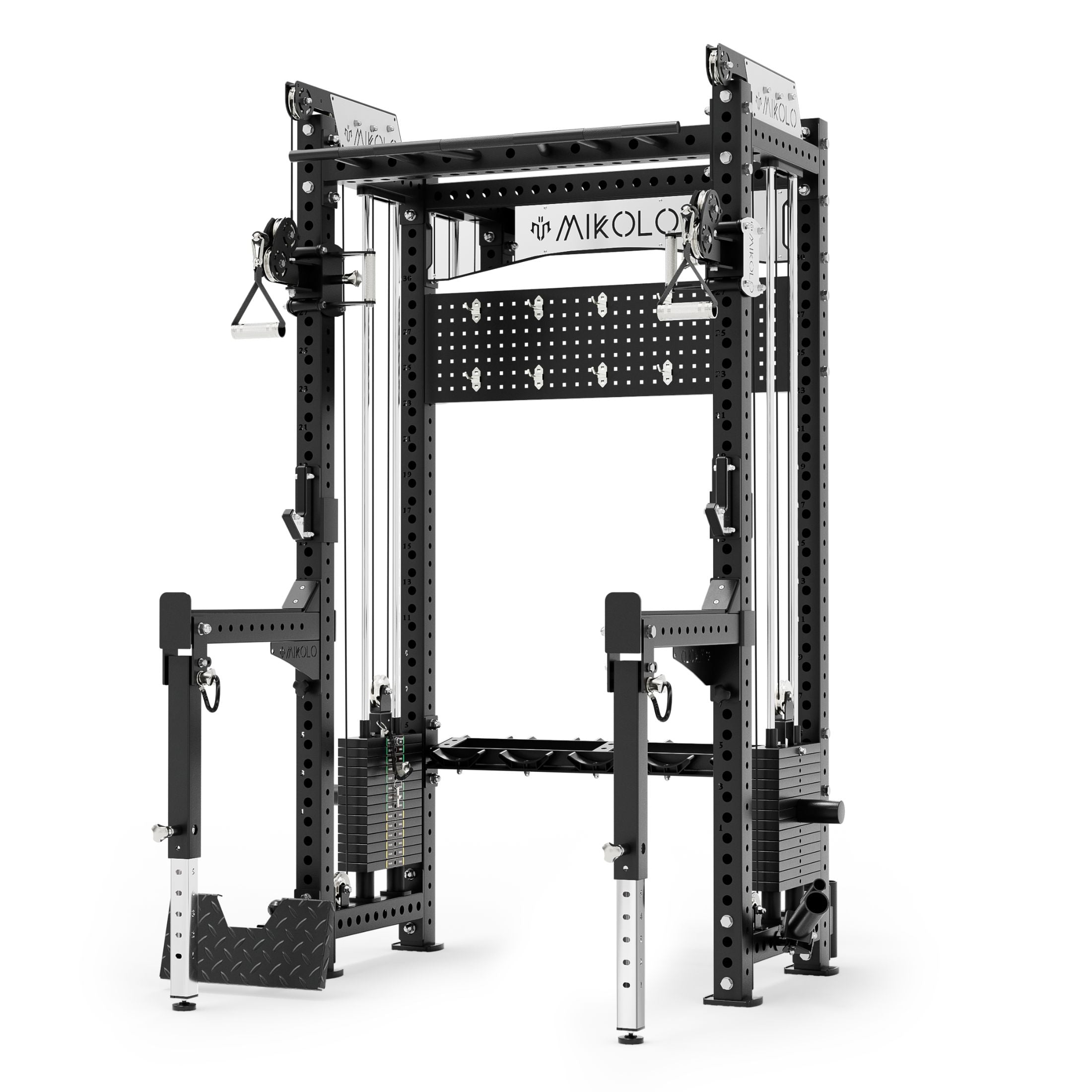
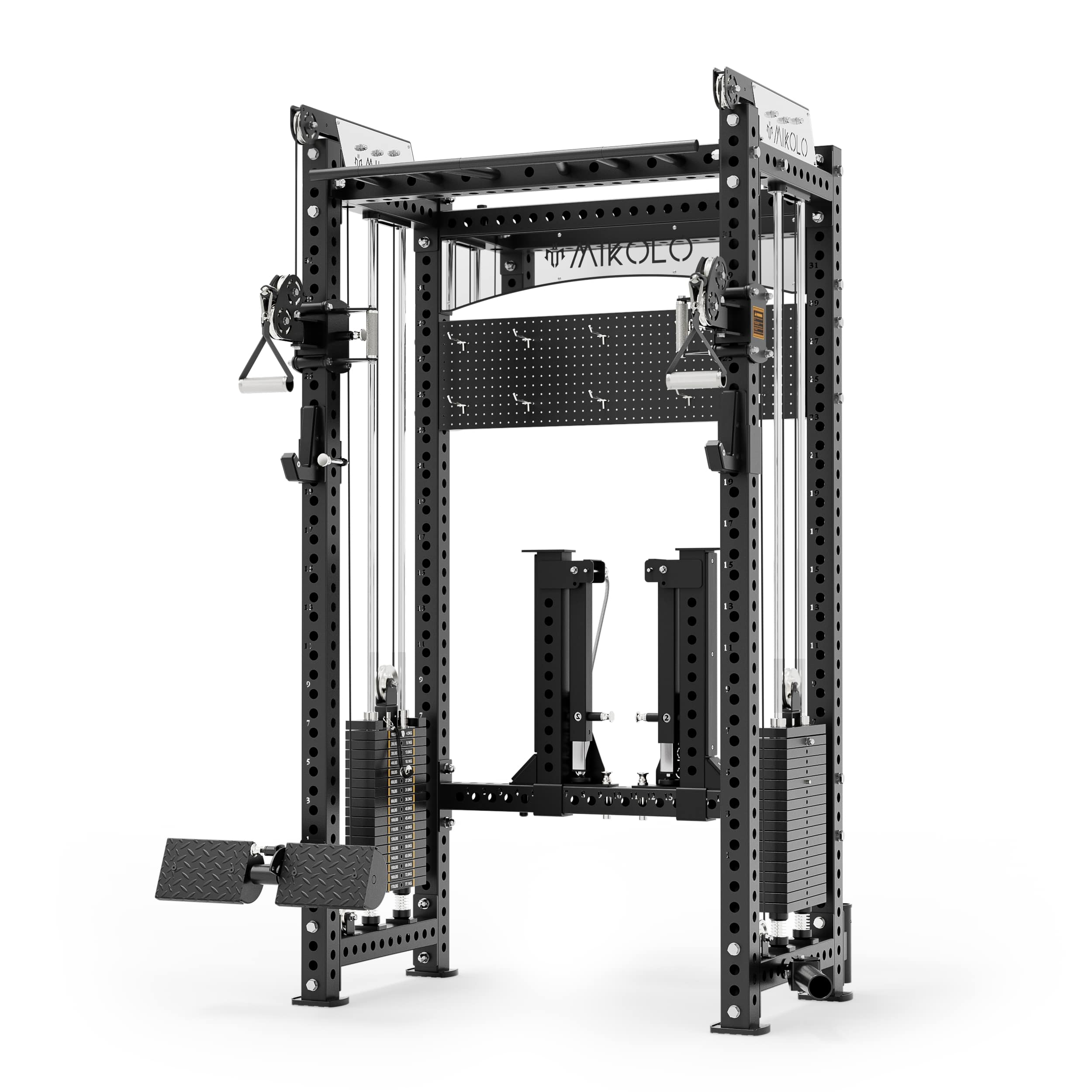
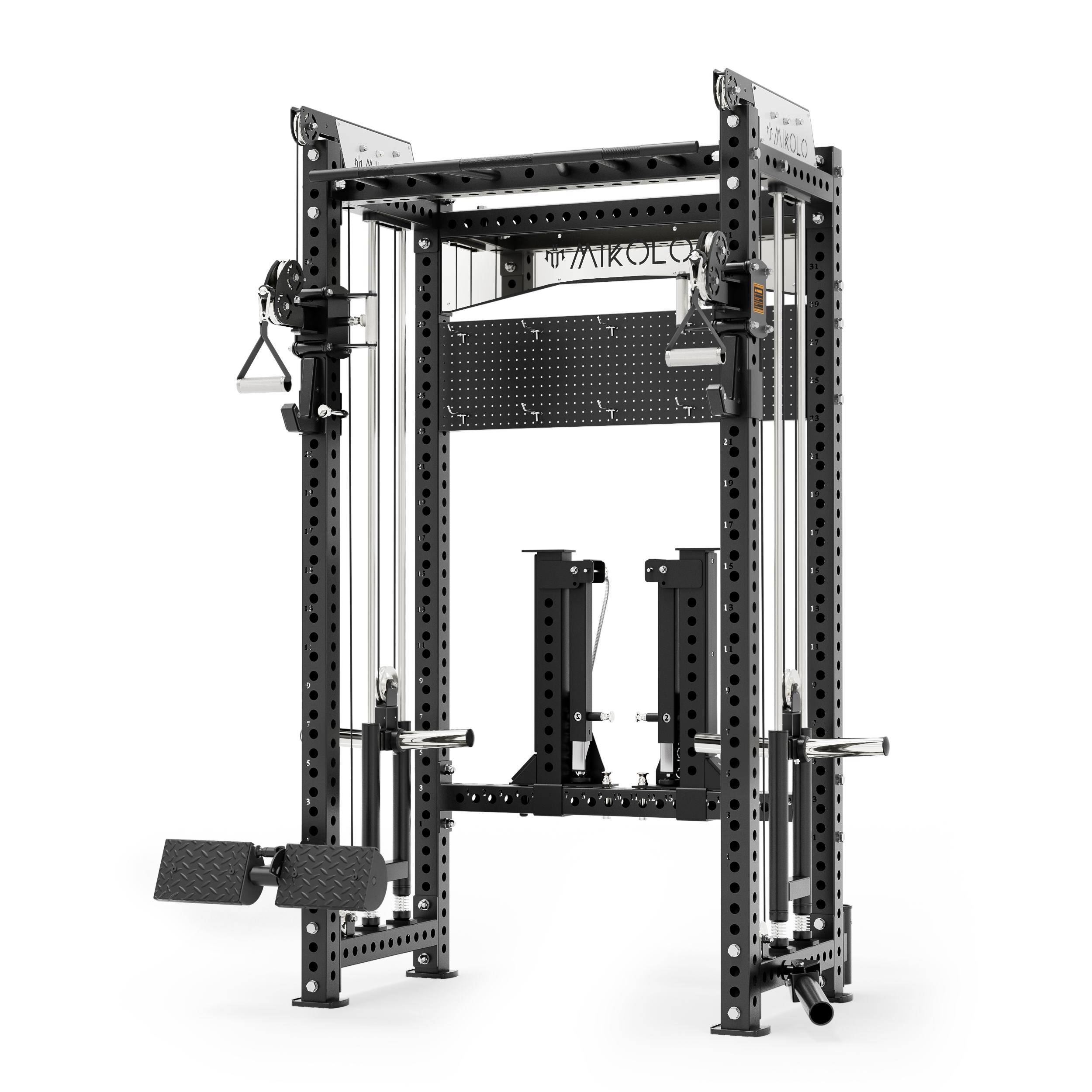


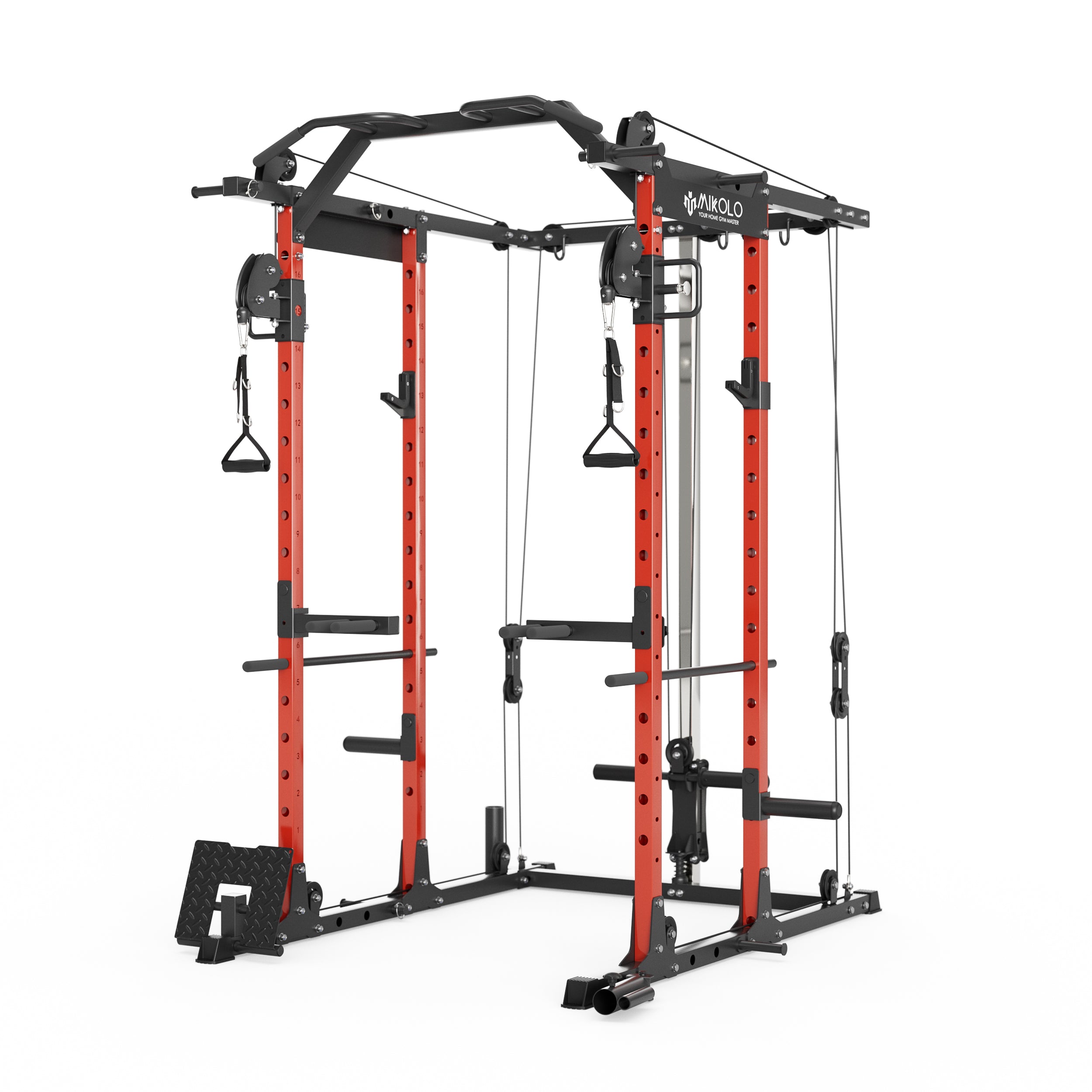
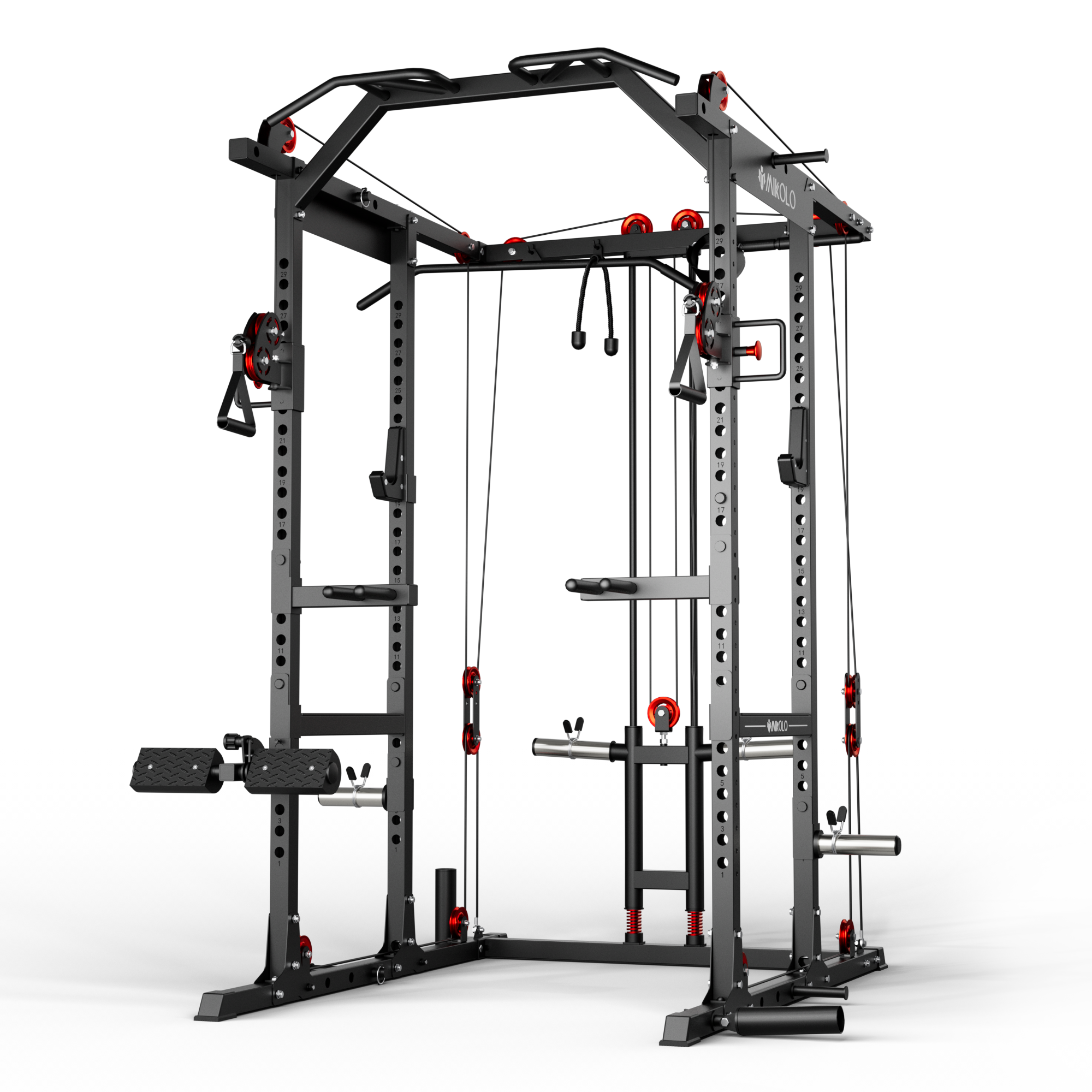

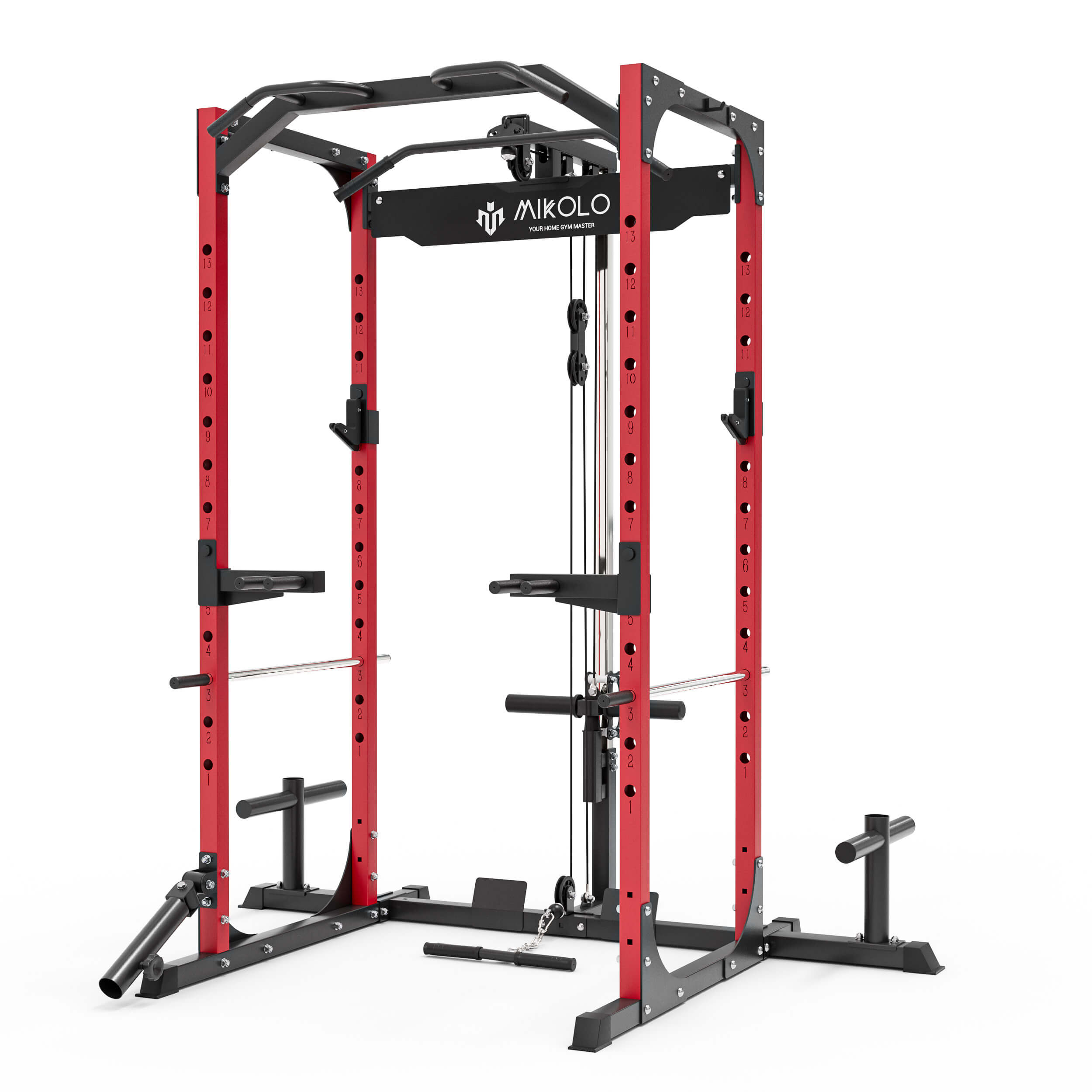

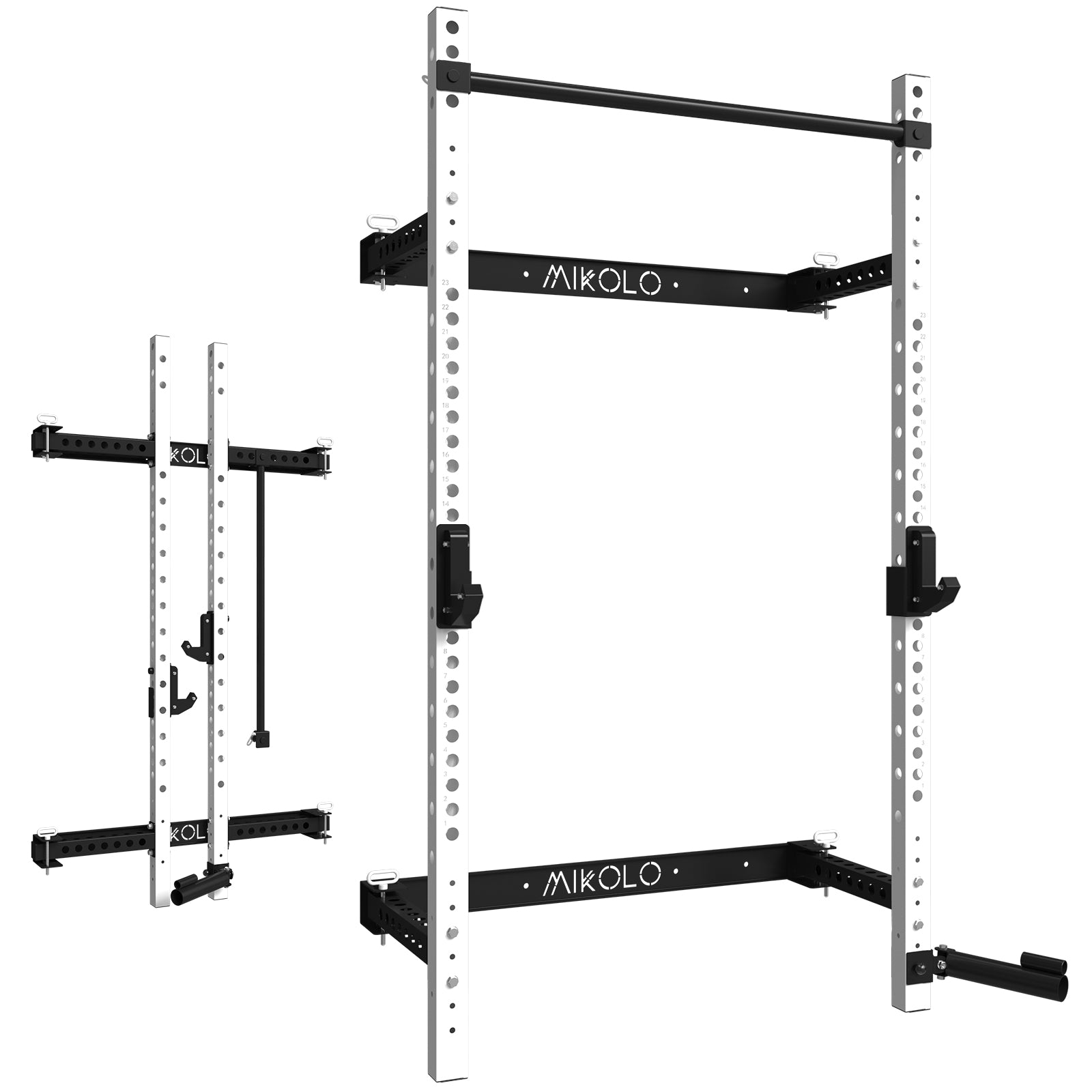

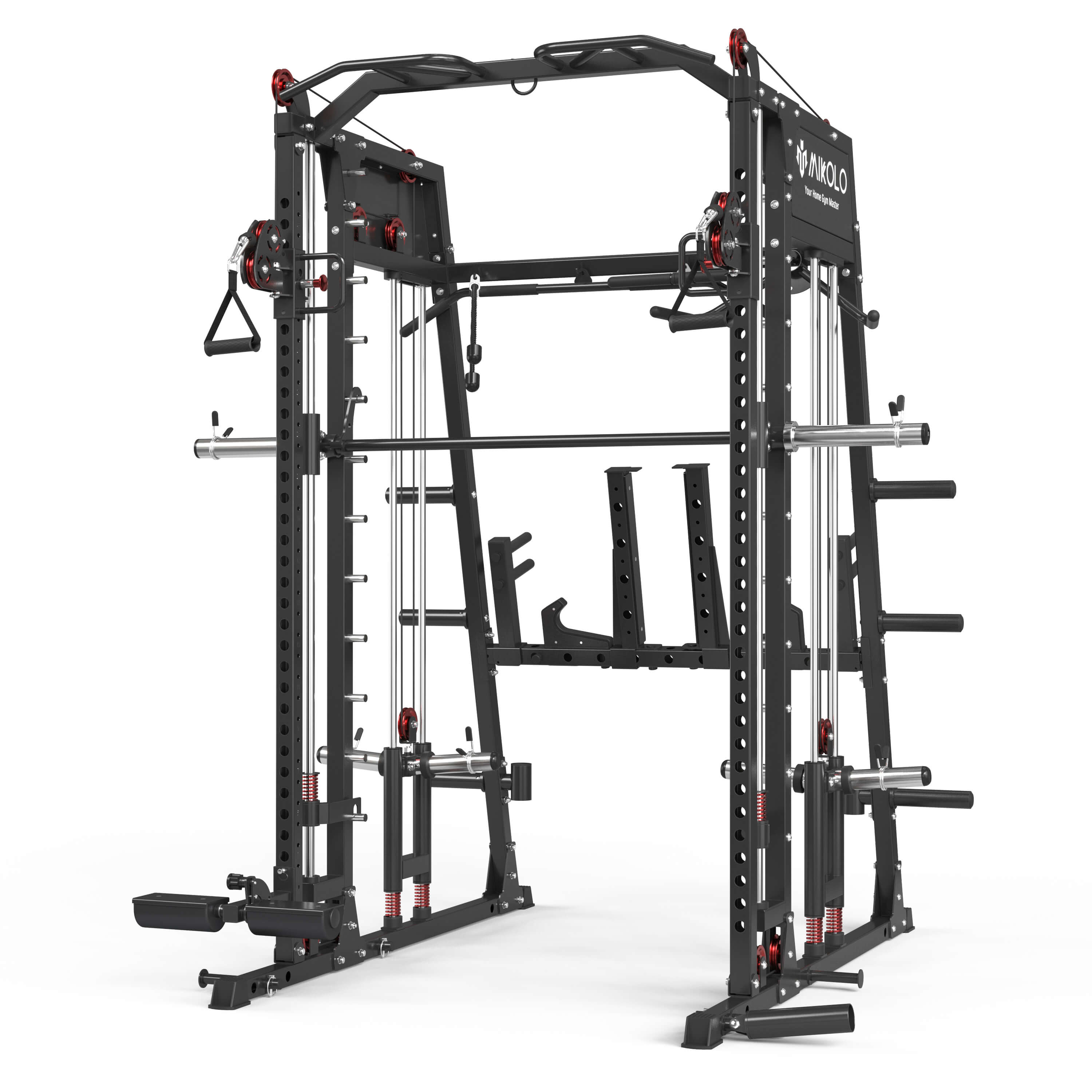
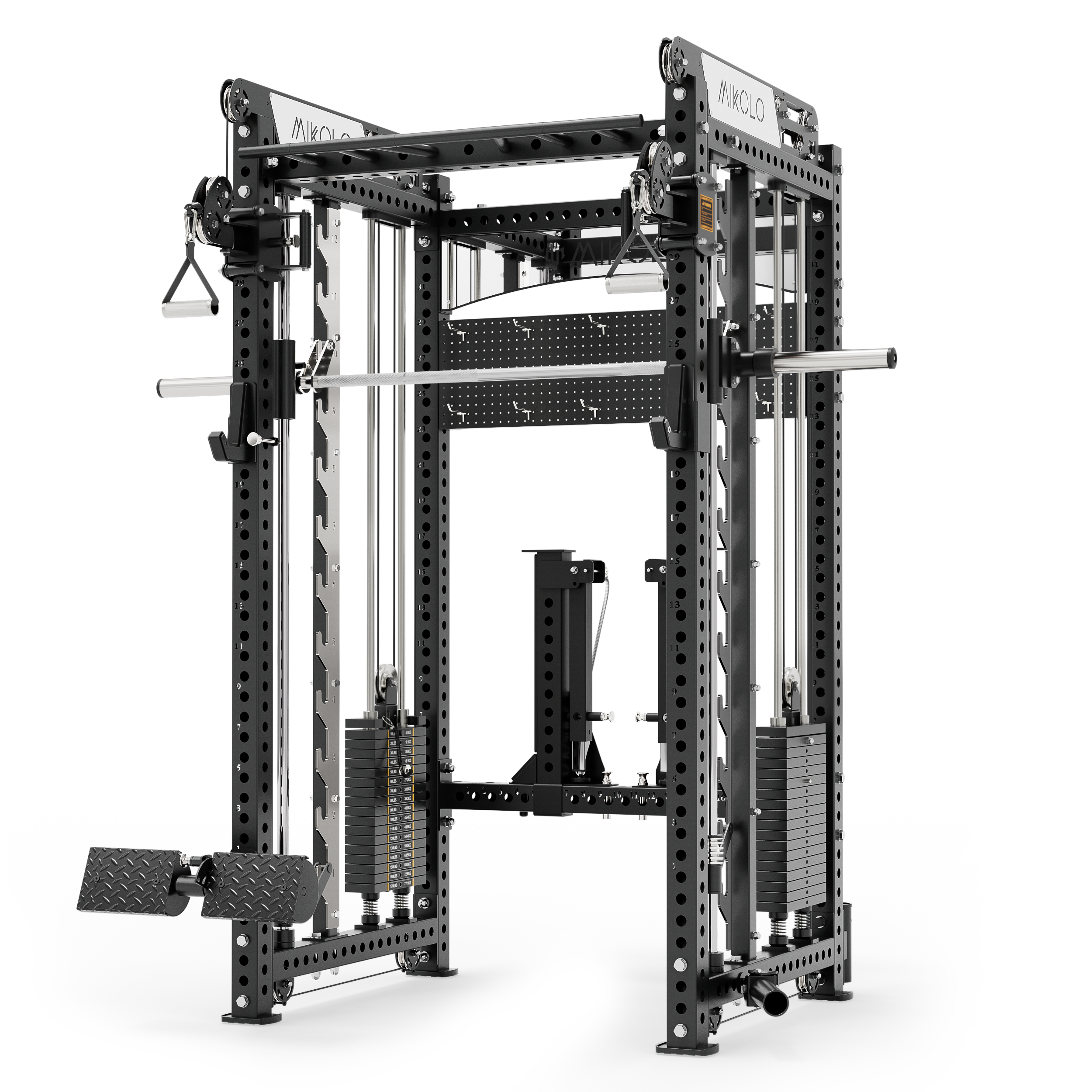
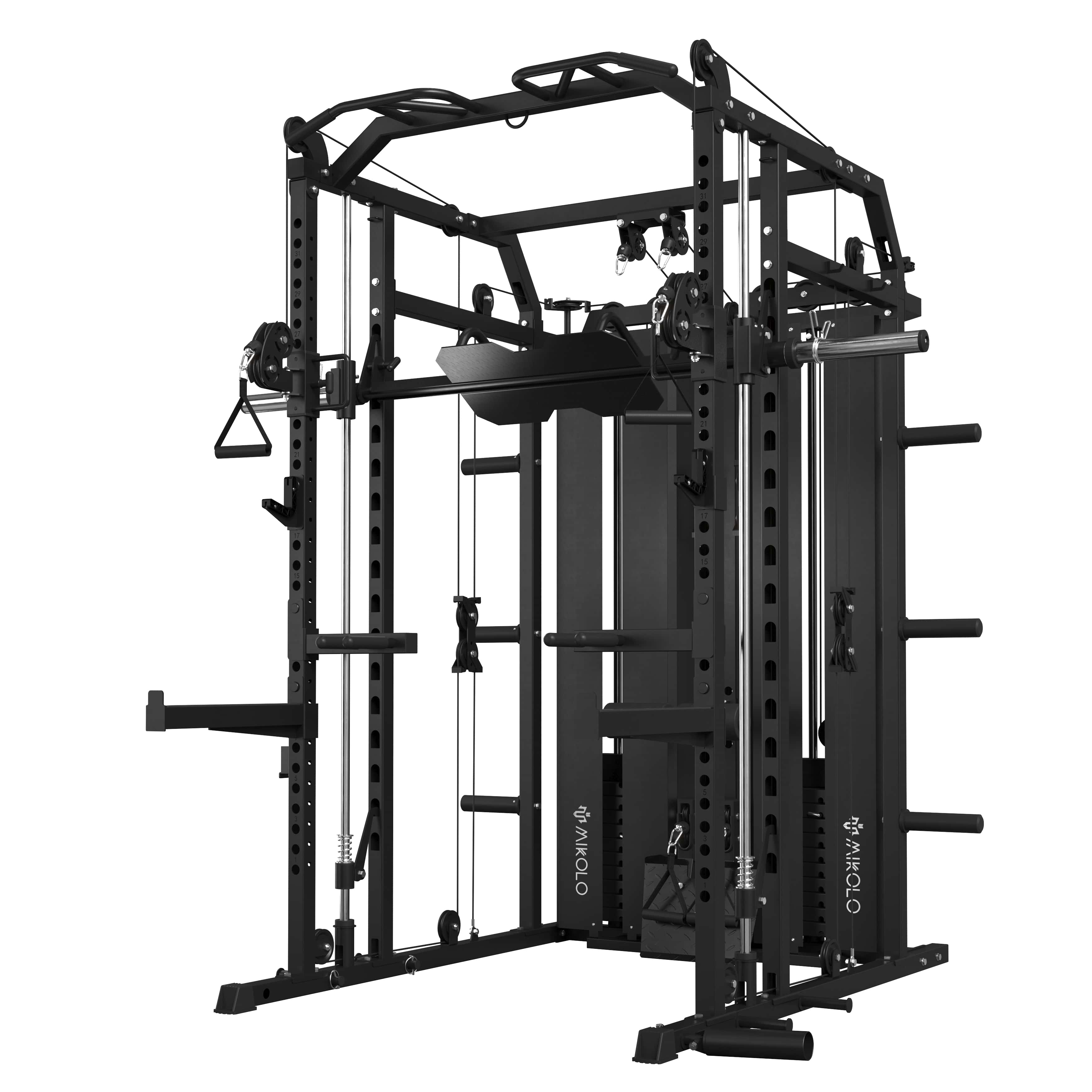
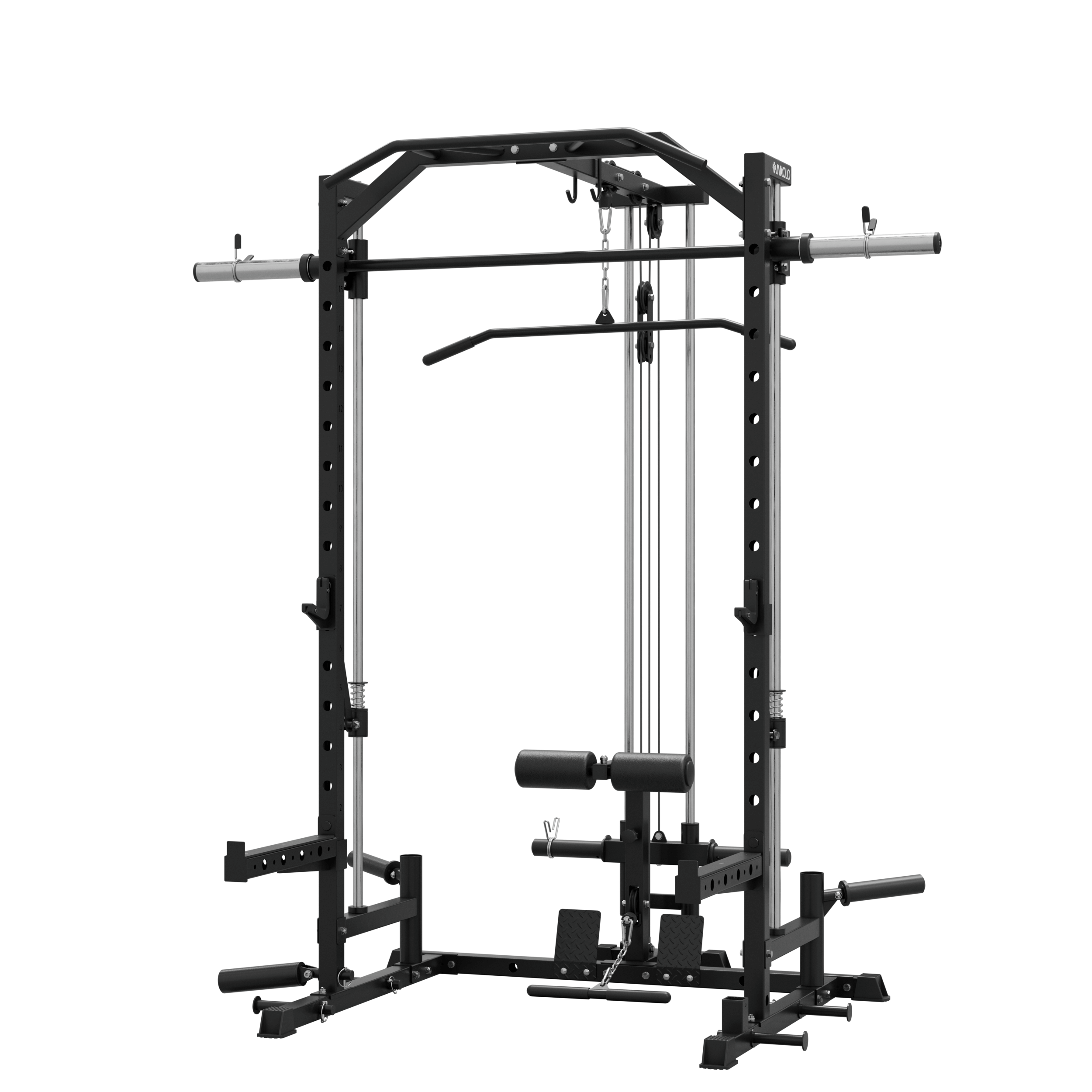
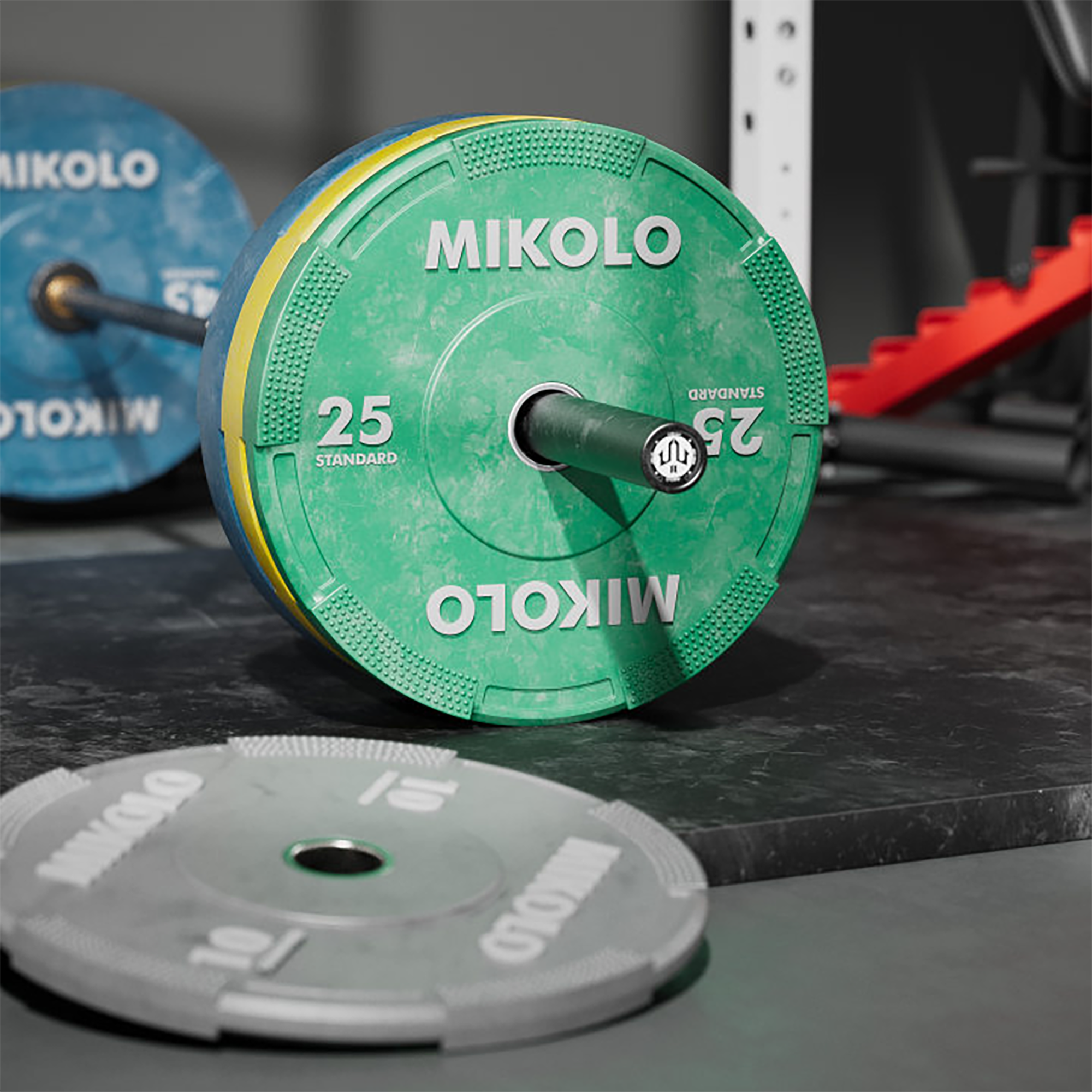


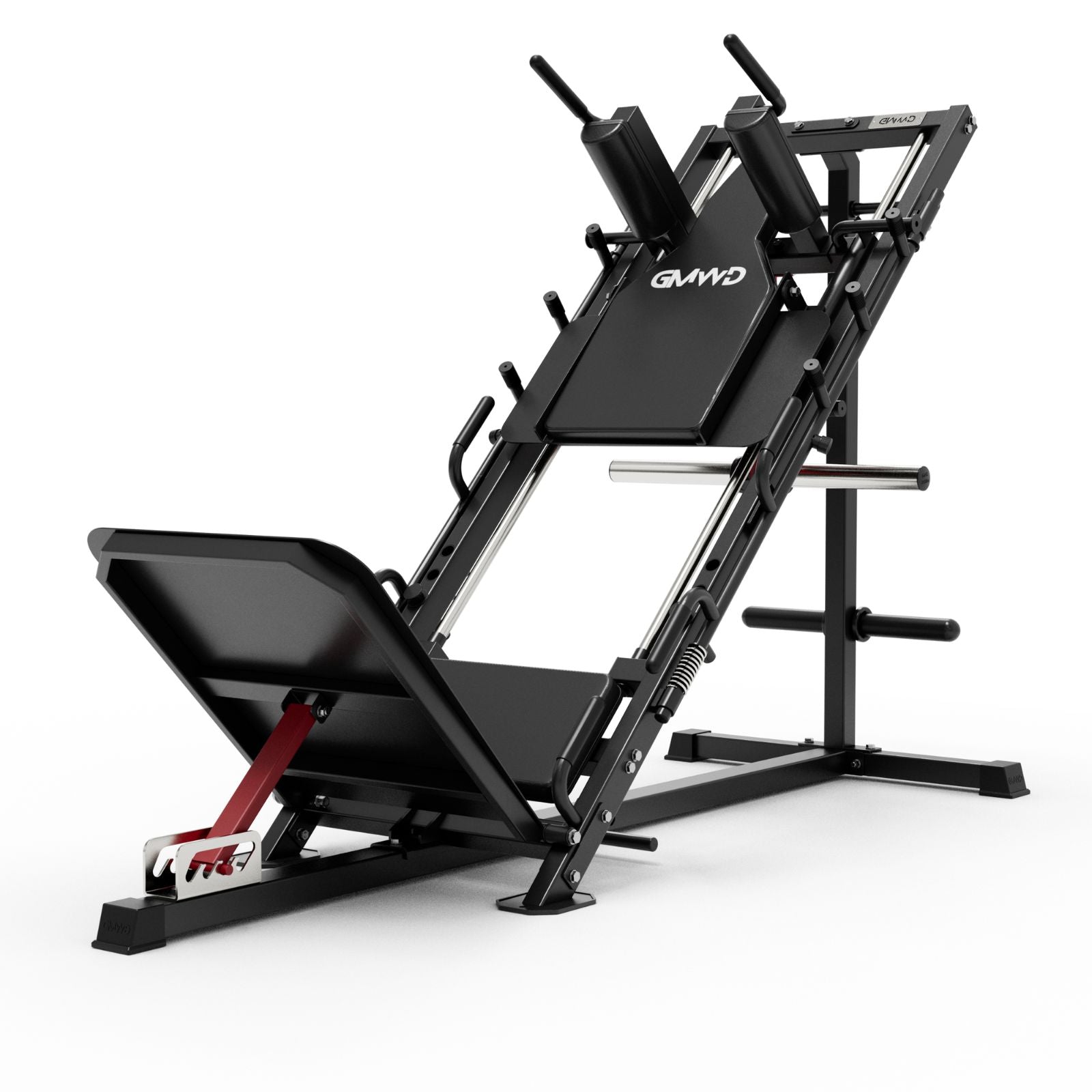



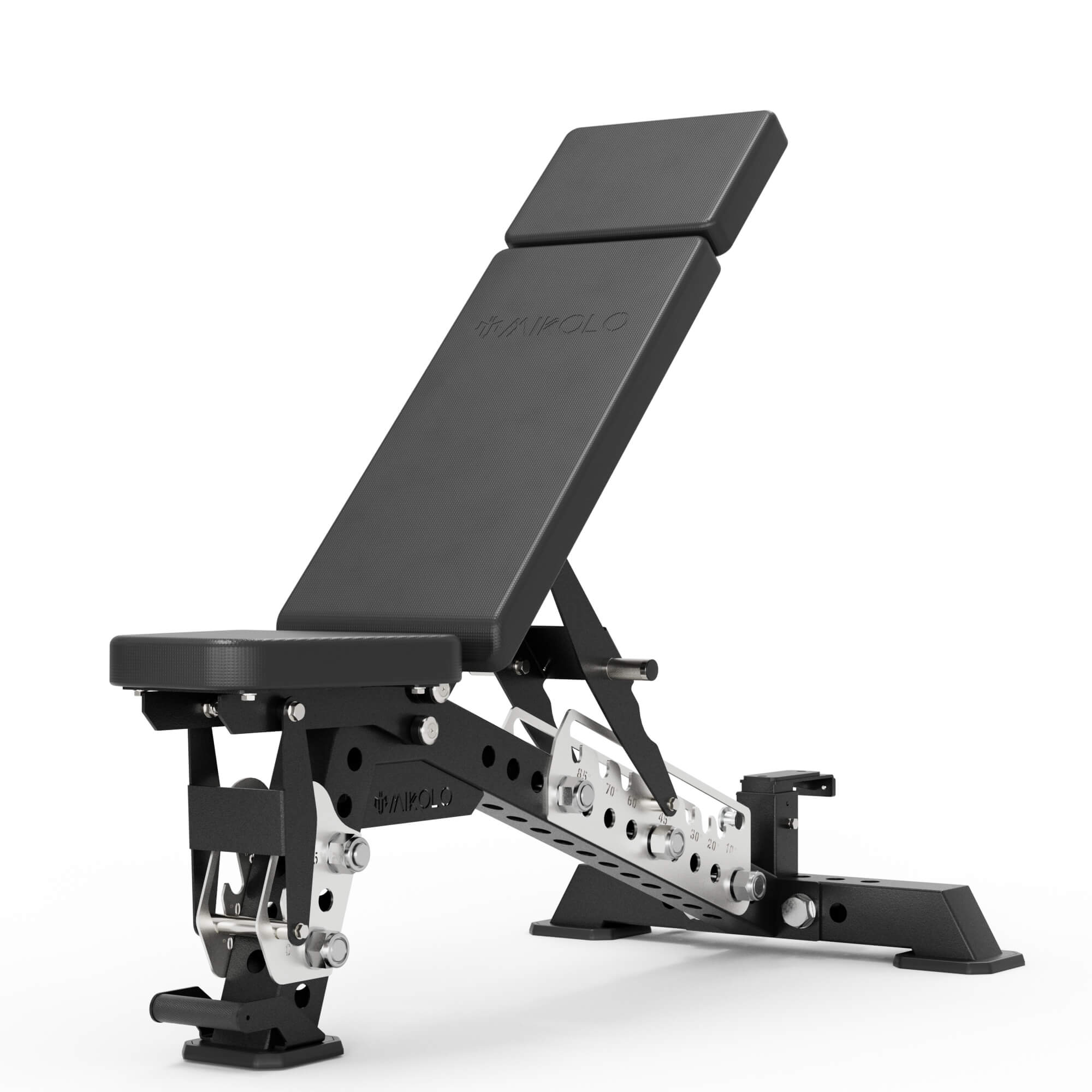
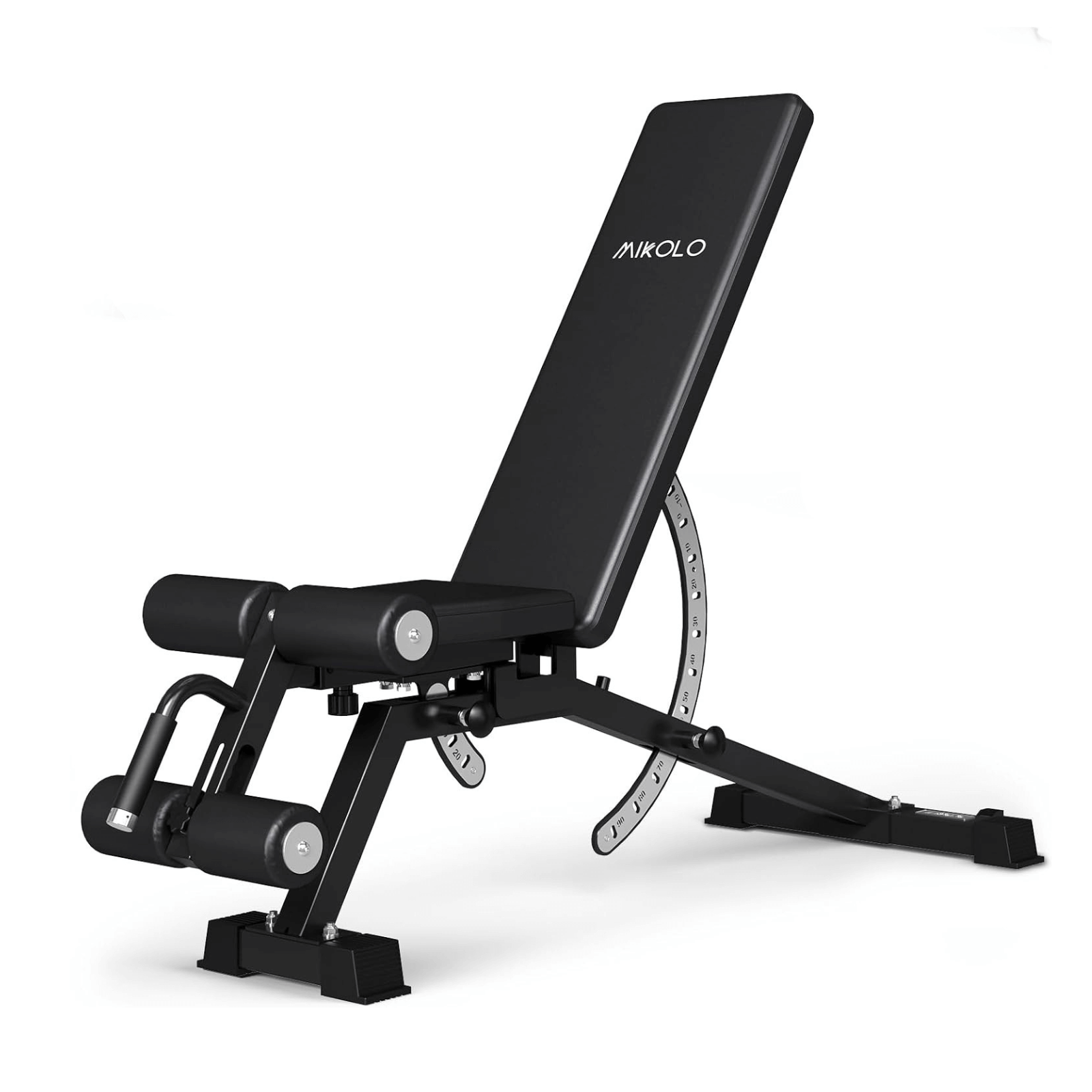
















Leave a comment
This site is protected by hCaptcha and the hCaptcha Privacy Policy and Terms of Service apply.